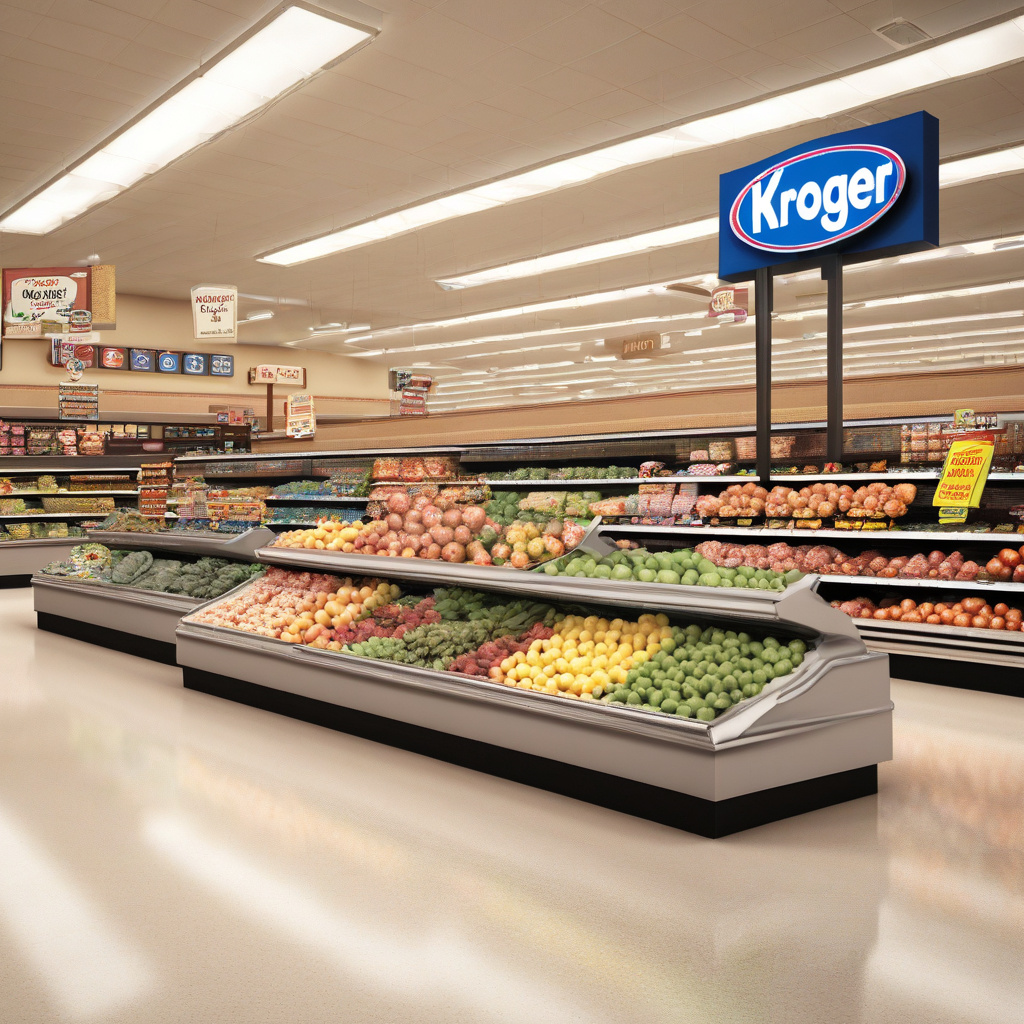Kroger Planning to Close 60 Stores as It Reports Q1 ID Sales Uptick
Kroger, one of the biggest names in the grocery retail industry, is making headlines as it announces plans to close 60 stores across the country in the next 18 months. This decision comes as a surprising move, especially considering the recent uptick in identical sales reported in the first quarter.
The grocery giant, known for its wide range of products and customer-centric approach, has stated that the store closures are part of a strategic reassessment of its operations. By closing underperforming locations, Kroger aims to streamline its business and focus on optimizing its store portfolio for better efficiency and profitability.
While the news of store closures may raise concerns among customers and employees, it is essential to understand the reasons behind Kroger’s decision. In today’s highly competitive retail landscape, where e-commerce is on the rise and consumer preferences are constantly evolving, traditional brick-and-mortar stores face increasing pressure to adapt and innovate.
By consolidating its physical footprint, Kroger can allocate more resources towards enhancing its e-commerce capabilities and investing in areas that drive growth, such as digital marketing and customer experience. In fact, the company’s decision to close stores is a strategic move to reallocate resources and stay ahead in an ever-changing retail environment.
With the rise of online shopping and changing consumer behaviors, traditional retailers like Kroger must find ways to stay relevant and competitive. By optimizing its store portfolio and investing in digital initiatives, Kroger is positioning itself for long-term success in the digital age.
It’s worth noting that despite the planned store closures, Kroger reported a positive trend in identical sales in the first quarter. This uptick indicates that the company’s efforts to adapt to the changing retail landscape and meet evolving customer needs are starting to pay off.
As Kroger navigates through these changes, it is crucial for the company to communicate transparently with its stakeholders, including customers and employees. Clear communication about the reasons behind the store closures and the company’s future plans can help build trust and understanding among stakeholders.
In conclusion, Kroger’s decision to close 60 stores is a strategic move aimed at optimizing its operations and focusing on long-term growth. By reallocating resources and investing in digital initiatives, Kroger is setting itself up for success in a competitive and ever-changing retail landscape.
#Kroger #Retail #Ecommerce #DigitalMarketing #StoreClosures
